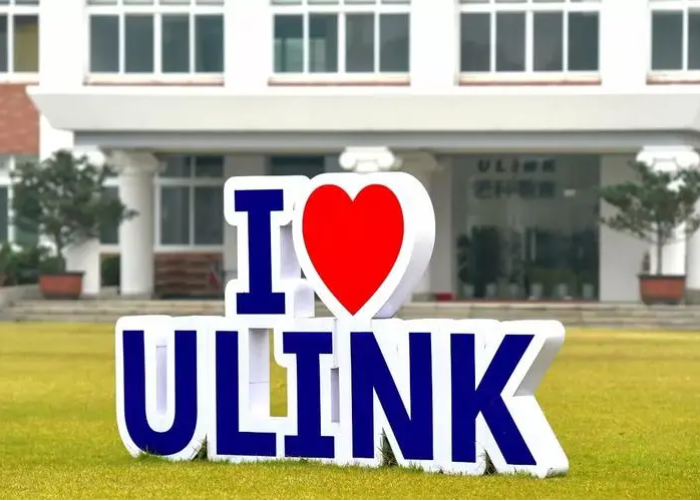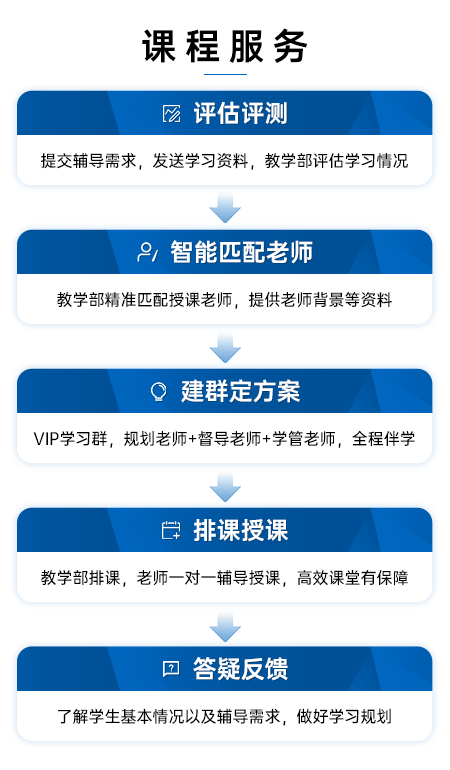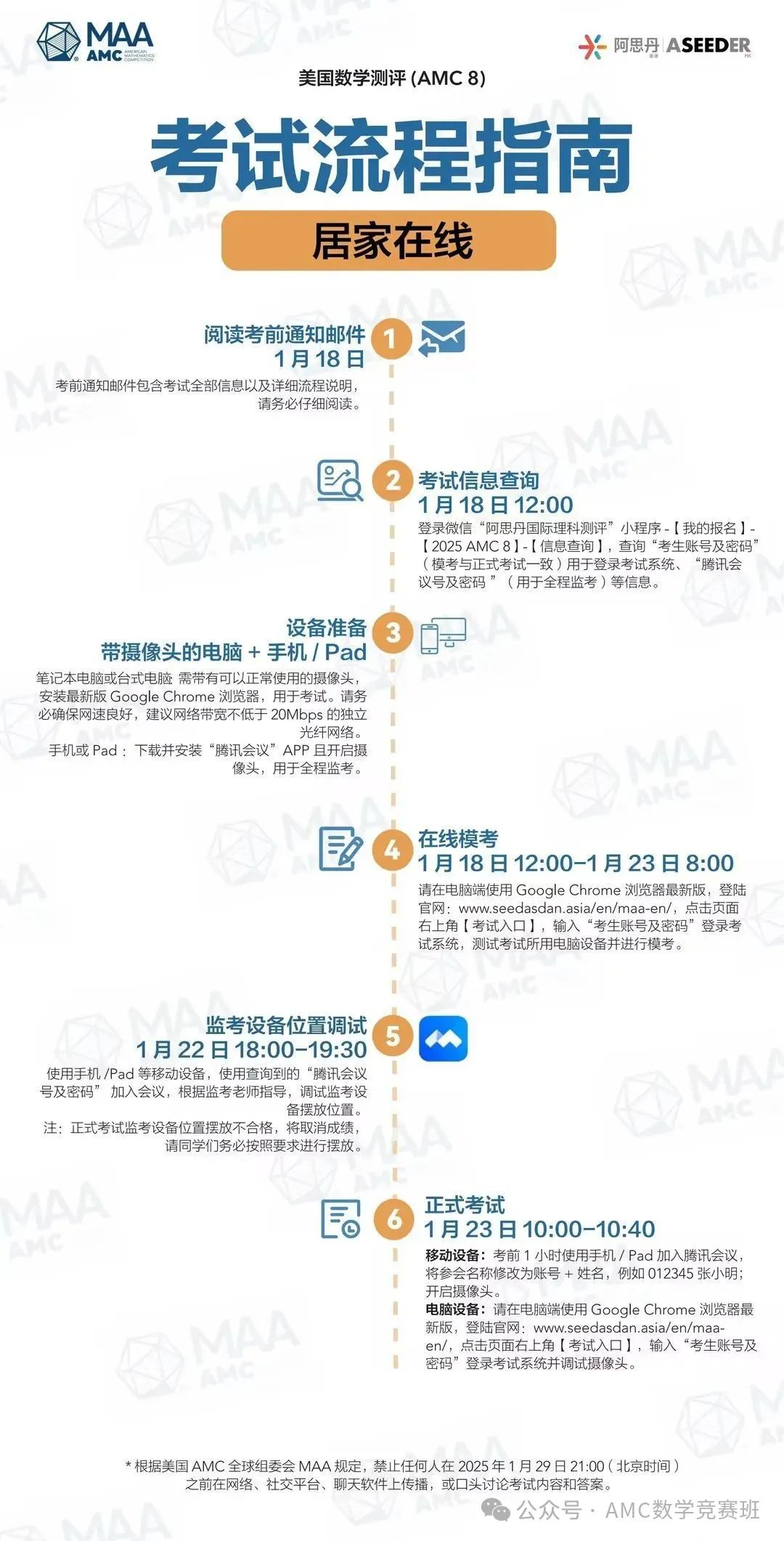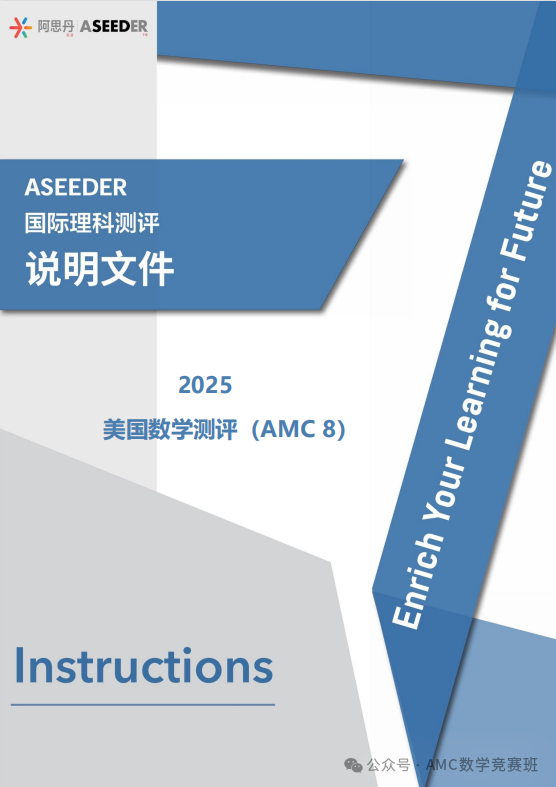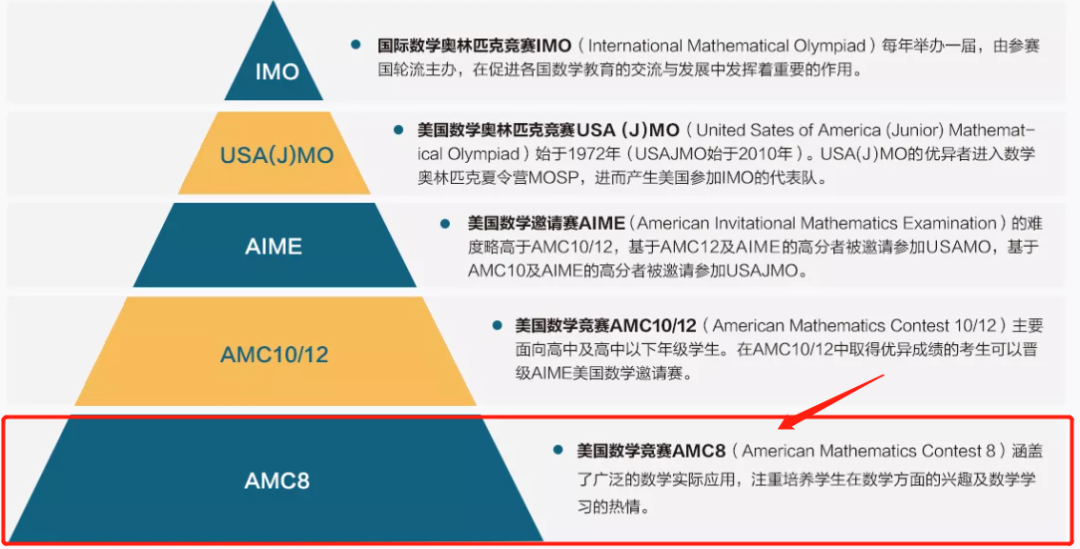在美本申请过程中,除了CA系统里的主文书外,大多数学校还会要求申请者递交各个学校自己的补充文书。补充文书往往能更加体现申请者的个性和特点,也是学校更深入地了解申请者的途径。
学生申请8-10所学校,有些学校需要2-3份额外的补充文书,这就意味着学生们将在申请季的4个月内撰写25篇论文(包括个人陈述!)。
虽然很难,但千万不要直接复制粘贴同一个版本给不同的学校。大多数学校的补充文书题目都是根据学校的招生喜好量身定制的,反映了该大学在录取学生时所关注的东西。因此,为了向自己心仪的学校证明自己是合适的人选,结合自己的经历量身定制不同学校的小文书是每一位申请者的必修课。
那么,要如何把补充文书写在招生官的心巴上,从众多申请者中脱颖而出呢?赶在布朗大学(12月13日 ED放榜)放榜之前,我们在这里分享两篇布朗大学和华盛顿大学西雅图分校(以下简称:UW)的小文书,手把手教你如何撰写补充文书。
如何读懂大学在补充文书上的巧思
布朗大学补充文书-解析
“进入布朗大学的学生通常会发现,在College Hill上安家会自然而然地引起他们对自己出身的反思。请谈谈你成长过程中的某个方面是如何激励或挑战你的,以及这可能会让你对布朗社区做出哪些独特的贡献(200-250 字)”
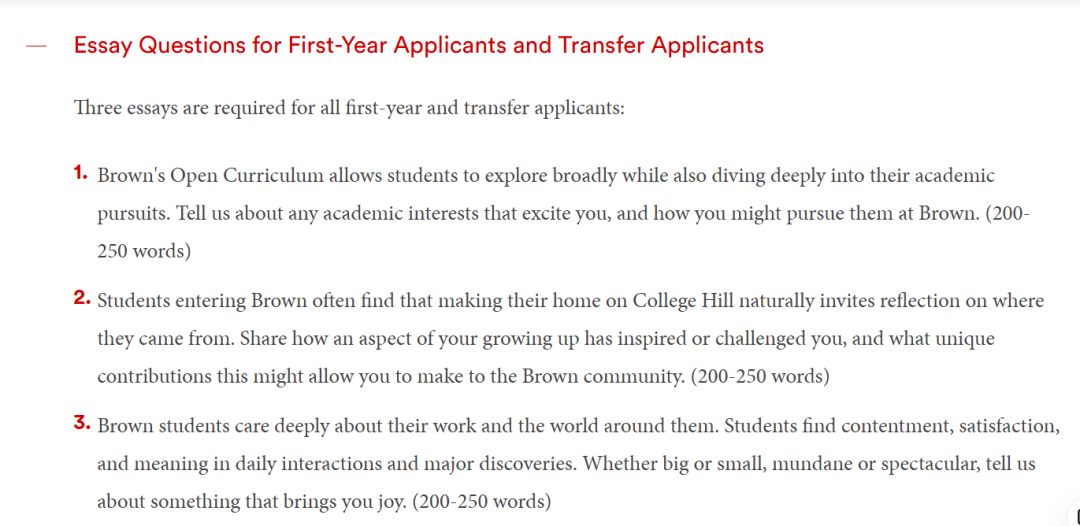
2024-25年布朗大学的补充文书题目👆
仔细审阅这个题目,不难发现布朗大学格外重视地点的元素。他们运用诸如“home”、“College Hill”以及“where they came from”等表述来凸显这一点。正因如此,布朗大学鼓励大家透过地点的视角来审视社区。
同时,他们也在借助“inspired or challenged you”等词语来引导申请者描写个人成长或转变的观念。所以,布朗大学期望你展现成长之地如何塑造了你,并且,他们也好奇你将会如何回馈并影响布朗的大学社区。
华盛顿大学西雅图分校补充文书-解析
“我们的家庭和社区常常定义我们和我们个人的世界。社区可能指您的文化群体、大家庭、宗教团体、邻里或学校、运动队或俱乐部、同事等。描述您来自的世界,以及您作为其中的一员,如何为华盛顿大学的多样性做出贡献。(最多300个字)”
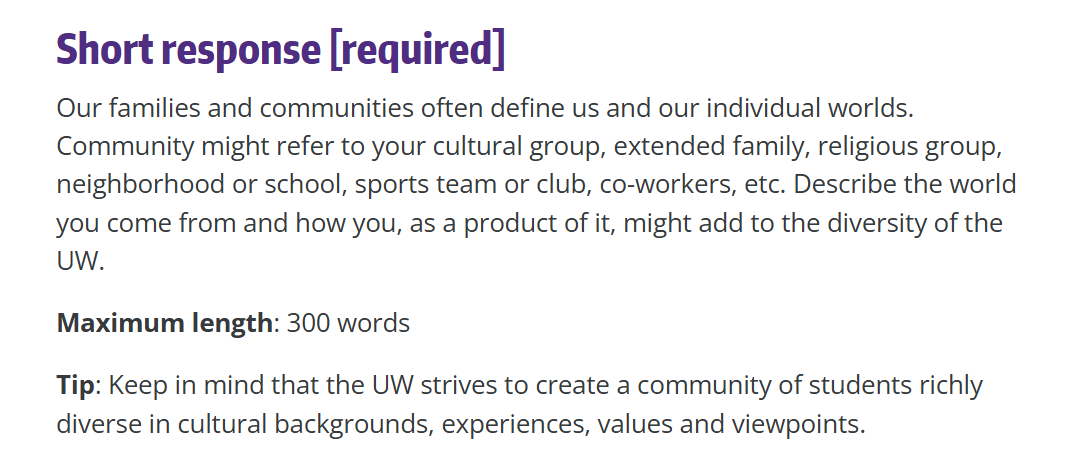
2024-25年UW的补充文书题目👆
UW的补充文书题目或许初看之下最为体贴。它清晰地罗列出了社区的各类内涵。你或许会发现,其中列举的大多数例子,如“families”、“cultural group, extended family, religious group, neighborhood”等,都着重强调了人的元素。这或许能让你领会到,他们期望你展现的是所建立的人际关系。此外,UW还提及了“individual”与“richly diverse”这两个词汇,意在期待你如何既能融入其中,又能以独特的方式展现自我,从而为校园多样性添彩。
万事开头的文书,要如何准备和动笔?
首先,在动笔之前,我们需要先确定要撰写的大学补充文书。一般来说,大家可能会倾向于选择离申请DDL最近的那篇。接下来,请务必花时间仔细研读题目当中的“暗示”,注意审题。你可以像我们第一部分的内容一样,仔细研读并标注出其中的关键词,尝试透过这些关键词提示,发掘招生官所期望看到的要素。
随后,进入“头脑风暴”的阶段。这里我建议大家可以在一张空白的纸上用2B铅笔(方便擦除修改),罗列出几个不同领域的主题方向。这些可以是你所成长的社区,也可以是构成你身份的重要部分。然后,在每个主题下面,写下任何关于这个方向的描述性词汇。注意,在头脑风暴的过程中不要自我审判,无论想到什么都可以写下来。罗列这些词汇的过程中可能会帮你联想到特定的人、经历、感受、成长的瞬间、学到的教训以及形成的价值观等等。接下来,从这些想法中筛选出那些内容丰富且与补充文书提示紧密相关的词汇,作为你的写作主题。
最后,不要拖延!择日不如撞日,建议马上开始撰写!抓住当下的灵感迸发的瞬间,生动且详细地描绘那些重要的时刻,这不仅能保持你文章的独特性,还能有效避免落入俗套。完成撰写之后,再深入思考这段经历以及它对你而言的重要性。
在提交之前,最好可以给到顾问老师或者身边的亲人帮忙审阅。在调整文书内容的同时,你也需要调整语言风格以更好地贴合每个大学的文书提示。比如,如果你在UW的文书中写下了“Thinking back to my years in the pool…”,那在改编为布朗大学版本的时候,我们就可以根据布朗的提示中,使用“反思”一词。例如,你可以将原句稍作修改为“Reflecting back on my years in the pool…”。
修改前:
Thinking back to my years in the pool…
修改后:
Reflecting back on my years in the pool…
尽管这样的改动看似微不足道,但它却微妙地向招生官传达了一个信号:你读懂了题目中的“巧思”,并且精心准备了一份独属于这所学校的答卷。
布朗大学及UW补充文书案例展示
在美本申请逻辑中,我们常说前期规划就像种植,收集,采摘食材,而文书以及申请阶段就像做菜。就跟烧不好的菜往往会有一些可总结出的共性一样,例如太咸太淡,太老太生,食材搭配不当,火候没把握好,写得不够理想的文书往往会犯一些可以很容易总结出来的错误。而好的文书虽然有一定规律可循,但好的菜品可以五花八门,结合以天马行空的想象力和对于食材的精准把握,给食客以十分独特的体验。
此前,我们曾总结归纳过14大写作雷区,碍于文章的篇幅原因,感兴趣的小伙伴可以跳转阅读。文章链接:文书避雷Checklist,14大雷区你踩到了吗?
接下来,我们将展示两份今年的布朗大学以及UW的补充文书案例,希望能够对大家有所帮助。
布朗大学补充文书
I used to hate the NYC subway. I've taken it since I was six, going up and down Manhattan, to and from school. By high school, it was a daily nightmare. Spending so much time underground, underneath fluorescent lighting, squashed inside a rickety, rocking train car among strangers, some of whom wanted to talk about conspiracy theories, others who had bedbugs or B.O., or who manspread across two seats, or bickered—it wore me out. The challenge of going anywhere seemed absurd. I dreaded the claustrophobia and disgruntlement.
Yet the subway also inspired my understanding of community. I will never forget the morning I saw a man, several seats away, slide out of his seat and hit the floor. The thump shocked everyone to attention. What we noticed: he appeared drunk, possibly homeless. I was digesting this when a second man got up and, through a sort of awkward embrace, heaved the first man back into his seat. The rest of us had stuck to subway social codes: don't step out of line. Yet this second man's silent actions spoke loudly. They said, “I care.”
That day I realized I belong to a group of strangers. What holds us together is our transience, our vulnerabilities, and a willingness to assist. This community is not perfect but one in motion, a perpetual work-in-progress. Now I make it my aim to hold others up. I plan to contribute to the Brown community by helping fellow students and strangers in moments of precariousness.
在这里,申请者开创了一种新颖的方式来描述他们的出身背景。尽管地铁并非他们的居所,但它却是他们归属感中不可或缺的一环。申请者生动地展现了陌生人之间如何构筑起社区,以及他们彼此间所承担的责任。他们巧妙地将提示中的关键词“挑战”、“灵感”、“布朗社区”以及“贡献”,融入到补充文书之中。
华盛顿大学西雅图分校补充文书
I grew up in Hawaii, a world bound by water and rich in diversity. In school we learned that this sacred land was invaded, first by Captain Cook, then by missionaries, whalers, traders, plantation owners, and the U.S. government. My parents became part of this problematic takeover when they moved here in the 90s. The first community we knew was our church congregation. At the beginning of mass, we shook hands with our neighbors. We held hands again when we sang the Lord's Prayer. I didn't realize our church wasn't “normal” until our diocese was informed that we had to stop dancing hula and singing Hawaiian hymns. The order came from the Pope himself.
Eventually, I lost faith in God and organized institutions. I thought the banning of hula—an ancient and pure form of expression—seemed medieval, ignorant, and unfair, given that the Hawaiian religion had already been stamped out. I felt a lack of community and a distrust for any place in which I might find one. As a postcolonial inhabitant, I could never belong to the Hawaiian culture, no matter how much I valued it. Then, I was shocked to learn that Queen Ka'ahumanu herself had eliminated the Kapu system, a strict code of conduct in which women were inferior to men. Next went the Hawaiian religion. Queen Ka'ahumanu burned all the temples before turning to Christianity, hoping this religion would offer better opportunities for her people.
I'm not sure what to make of this history. Should I view Queen Ka'ahumanu as a feminist hero, or another failure in her islands' tragedy? Nothing is black and white about her story, but she did what she thought was beneficial to her people, regardless of tradition. From her story, I've learned to accept complexity. I can disagree with institutionalized religion while still believing in my neighbors. I am a product of this place and their presence. At UW, I plan to add to campus diversity through my experience, knowing that diversity comes with contradictions and complications, all of which should be approached with an open and informed mind.
这位学生巧妙地将提示中的词汇如“家庭”、“社区”、“世界”、“其产物”以及“增加多样性”等融合在了一起。不仅如此,该学生还选取了提示中提及的一个社区实例——宗教群体,并通过深入剖析他们所参与的社区所固有的复杂性,进一步丰富了其回答。尽管在表达自身身份与参与过程时,学生流露出内心的波澜与挣扎,但他们依然找到了一种途径,来展现自己是如何凭借坚定的价值观与敏锐的智力,为构建一个更加开放的校园环境贡献力量的。





